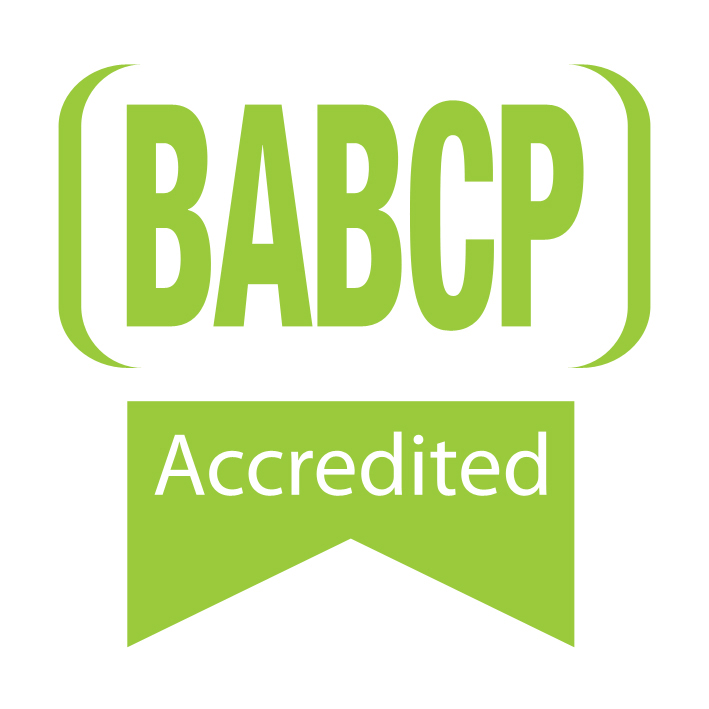Cognitive Analytic Therapy (CAT)
Cognitive Analytic Therapy (CAT), like CBT, is a therapy that explores the way people think, feel and act in situations but it is also interested in the experiences, situations and events from the past that underlie these current ways of being. It is different from CBT in this respect as more time is taken in therapy to understand past experiences, and the “sense making” people have of these, which may be affecting how they now respond to things in the present.
CAT is interested in how past experiences shape the patterns of interactions we fall into now, and in understanding how, although these patterns might have worked for us in the past, they may no longer do so. It is this “mismatch” in responding to other people or events now, compared to what worked in the past, that is seen to be the cause of distress or difficulties.
The relationship between the client and the therapist is seen to be very important in CAT. A compassionate and empathic relationship provides the context for making sense of difficulties and to begin to find ways of making changes to current patterns.
CAT is a time-limited short-term therapy, usually lasting for 16 sessions though this can be longer, depending on the nature of the difficulties.



